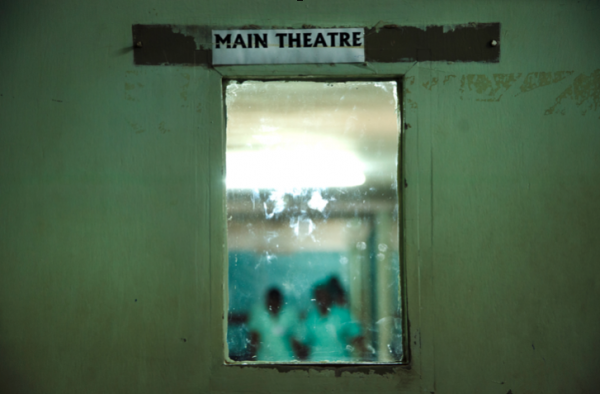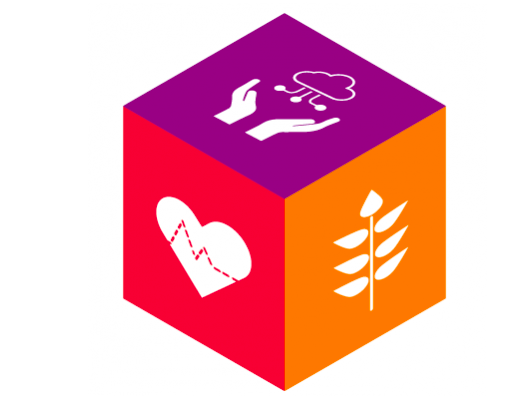
A challenge prize for surgical equity
We asked Daniel Berman. Daniel’s the Lead of the Global Health Team at Nesta, charged with taking the brilliant idea of a Surgical Equity Prize and bringing it to life.
Scroll down to learn more about the process of prize development, why now’s the time for a surgery prize, and how the Challenges of Our Era Summit in Milan next week is a different kind of conference.
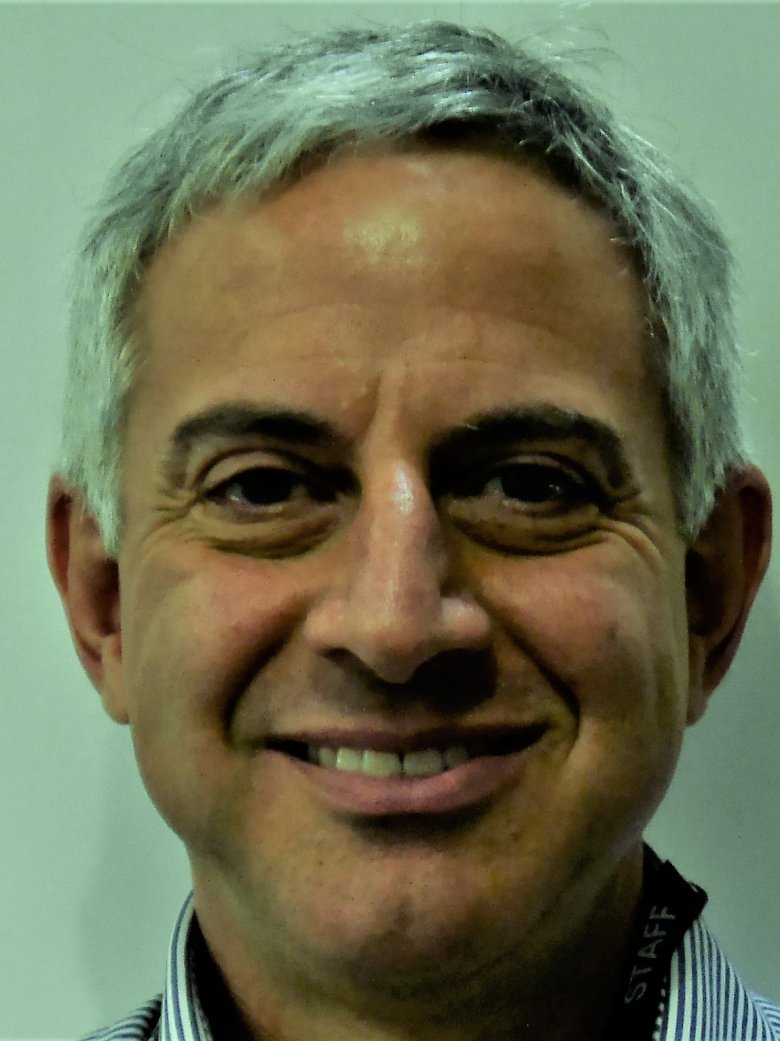 A lot of global issues need more resources and better solutions. Why did you think surgery was ready for a challenge prize?
A lot of global issues need more resources and better solutions. Why did you think surgery was ready for a challenge prize?
Global health issues at the top of international agendas, such as malaria and AIDS, receive much more attention than surgery. The truth, however, is that there is an acute issue in terms of lack of access to quality surgery; this leads to unnecessary deaths in LMICs. The Lancet Commission on Global Surgery found that five billion people lack access to safe and affordable surgical services. Lack of action in improving surgery and anaesthesia could imperil our collective effort to realise several of the Sustainable Development Goals (SDGs).
Challenge prizes work best when used to shine a light on an underserved problem and we want to accelerate the exceptional work of the global surgical community in recognising surgery and anaesthesia as essential parts of Universal Health Coverage. We want to take advantage of growing momentum to reach out and invite new partners, funders and innovators to this space. Our aim is to convene those driving change in surgery through a challenge prize initiative to incentivise the creation of new innovations, services and tech that could make surgery more accessible and safer.
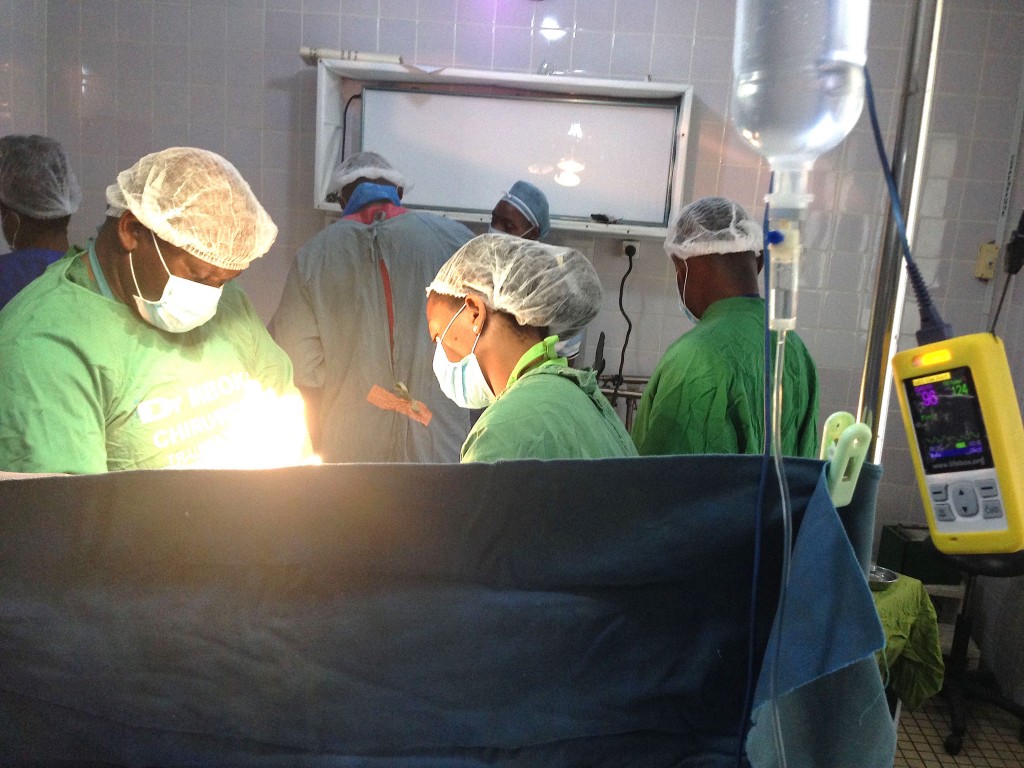 How is this summit different from your average expert/interest group conference?
How is this summit different from your average expert/interest group conference?
We make change.
It is important to us to develop a challenge on surgical equity that is inclusive of voices from the field, so we can get our aims and our fundraising campaign right. We have invited worldly experts to help us brainstorm the ideation of this prize. We believe it must have meaningful and achievable goals that can overcome barriers of access to surgical procedures in low resource settings.There are four topics within surgical equity we want to discuss: postoperative infections, safe anaesthetic care, blood banking and transfusions, and operating theatre technologies.
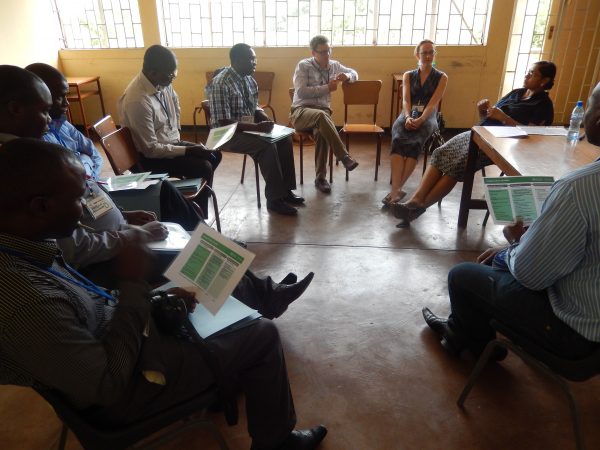 What expectations should attendees have for the meeting?
What expectations should attendees have for the meeting?
We have invited guests to participate in sessions and round tables that will explain the merits of challenge-driven innovation, and in particular about what makes a good prize. We want to guide experts on a journey that unwraps complex problems to prioritise elements of change in surgery. Taking part in the prize design workshops gives the attendees the chance to steer the research and a development of a Surgical Equity Prize. Some participants will continue steering the design of the Prize while others will undoubtedly compete for grants and Prize funds once the Prize is launched.
What is a typical timeline for developing a challenge prize?
Each stage of development takes several months: scoping and problem definition: prototyping, design and testing prize designs; and decision process and fundraising.The research process take about six months and the Prize can be launched when a steering group has approved the design and implementation plan and funding has been secured for grants and payouts. If funding for the Prize can be secured, we envision a launch in the last quarter of 2018 or the first quarter of 2019.
What would make this summit a success, from your perspective?
In the short term, we hope that we can provide an objective forum that facilitates a healthy debate. The outcome will be to better define obstacles that need to be overcome and the vision that we are working toward. Depending on how the problem definition progresses we should have a clearer idea of who and what additional institutions and companies need to join this process.
In the long term, we want to use a challenge prize to identify and overcome barriers that shift the balance towards increasing access to safe surgical procedures.
Can you give an example of a challenge prize that you think was particularly successful?
Currently I work on another health-related prize called the Longitude Prize, which is a £10 million prize for a team of researchers to come up with a rapid, point-of-care diagnostic test to reduce the use of unnecessary antibiotics. While the prize is ongoing, already there are more than 200 teams competing in 40 countries to deliver a diagnostic test. We have also give seed-grants to 29 teams. So while there will only be one winner, the prize focusing researchers and diagnostic developers a clear objective.


